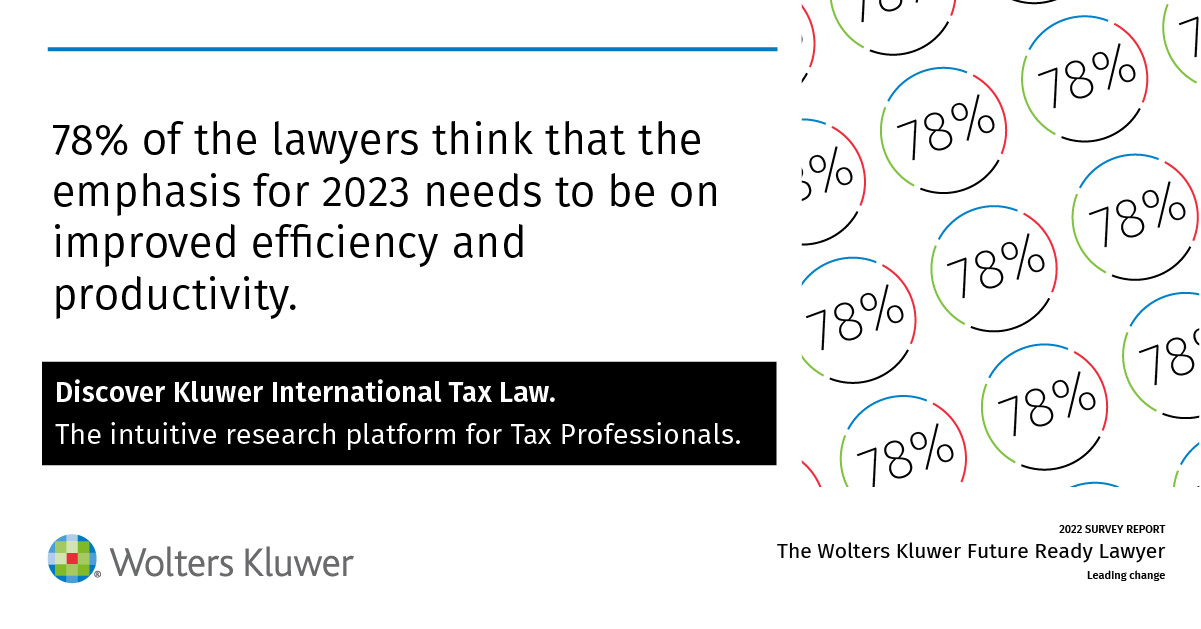“I know there’s a proverb which that says ‘To err is human,’ but a human error is nothing to what a computer can do if it tries.” – Agatha Christie, Hallowe’en Party
The now
Have you ever wondered how technology can change the future of solving tax questions, or wondered if it would even be possible for technology to solve tax problems or give the right information in order to magically print a correct tax return without any human intervention.
In this era of fast growing technology and technologically build solutions, I have often wondered if anyone considered, just for one moment, the impact that the implementation of global networks and systems, would have on tax.
I would presume that most companies have already invested heavily into technology and can only wonder how many have utilised the power of technology for tax solutions effectively.
With global markets expanding even greater demands are placed on tax compliance together with a focus to grow the business and to be profitable. Unfortunately, by the time when there is a realisation of tax being payable on multiple levels across different regions, the business systems have already been implemented in order to report on sales, expenses and many other operational requirements, but not necessarily on tax.
How can you know what you do not know?
At some point the tax manager in any organisation realises that there is a tax element in the system set up that was left unattended. It is almost impossible for the tax manager to detect through day to day tax reporting and tax compliance, what that element is because how can they know what it is that they do not know.
The reason for the tax manager not knowing what tax element was left out, is because the global system would have been set up in order to access reports from systems in different locations across the globe or even in a single country. The main reason for such a complex system set up would be to enable the user to extract information at one central point to compile into a single report. The purpose of the system set up would potentially not be tax friendly or set up for the purpose of detecting the exact extent of the various tax types and tax costs in the different locations or even in one single location.
Often the different systems would not provide the same answer to a question because it was designed to answer a specific question or to report on a specific aspect of the business. Again, potentially not to answer or report on tax.
Therefore, how can it be expected that the tax manager in any organisation would be able to point out exactly what tax element was left out or what tax type was incorrectly coded. The tax manager is rarely part of the system coding and implementation. How can they know what they do not know?
The future
I believe a solution can be found with the collaboration of the expertise between Information Technology Specialists and Tax Professionals. Only when technology can be made to understand what it needs to report on and how to extract the relevant information, can an effective solution be found. Therefore, fix the setup, ask the relevant pertinent tax questions and hopefully this can create a viable merger between the use of technology and the accurate reporting of tax.
I do however wonder:-
- Can we create one system solution?
- Do we actually understand the way our own systems work?
- Is technology the future to solving tax problem?
- Is artificial intelligence the solution?
The proper use of tax technology may be our future, after all, both tax and technology was, and still is a human creation.
“Everyone gets smarter because of this technology… and the empowerment of people is the secret to technological progress.” – Eric Schmidt, Executive Chairman, Google, USA
________________________
To make sure you do not miss out on regular updates from the Kluwer International Tax Blog, please subscribe here.
Kluwer International Tax Law
The 2022 Future Ready Lawyer survey showed that 78% of lawyers think that the emphasis for 2023 needs to be on improved efficiency and productivity. Kluwer International Tax Law is an intuitive research platform for Tax Professionals leveraging Wolters Kluwer’s top international content and practical tools to provide answers. You can easily access the tool from every preferred location. Are you, as a Tax professional, ready for the future?
Learn how Kluwer International Tax Law can support you.


